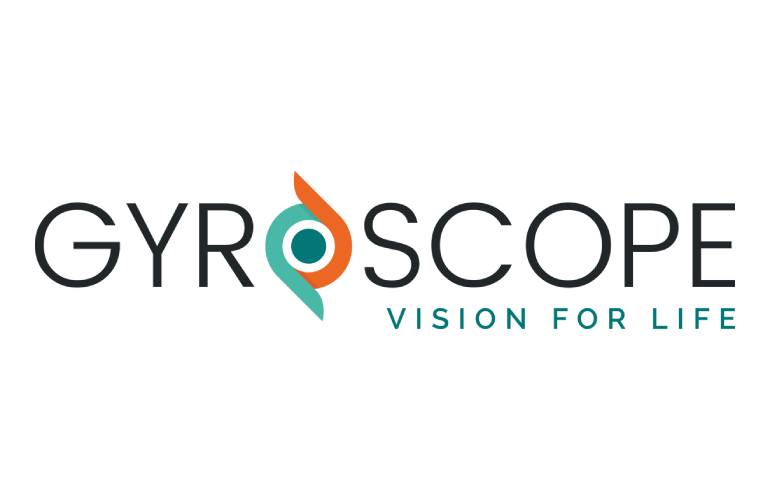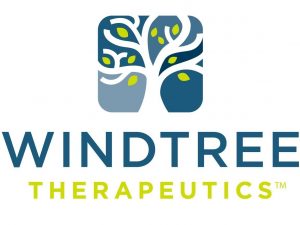
Gyroscope’s “Vision for Life” Eyes $100M+ IPO
U.K.-based Gyroscope Therapeutics, which has a U.S. footprint in King of Prussia, Penn., is planning to raise $100 million in an initial public offering.
Gyroscope Therapeutics, a gene therapy company developing treatments for eye diseases, filed a Form F-1 with the U.S. Securities and Exchange Commission announcing its intention to begin selling American Depository Shares on the Nasdaq Exchange under the ticker symbol “VISN.” At the time of its filing this week, Gyroscope said it has not yet set the pricing terms for its stock. The $100 million is a placeholder figure. Based on positive clinical activity, and a recent financing round, the company is likely to raise significantly more than $100 million.
In its filing, Gyroscope noted that genetically defined therapeutics have been successfully developed for rare inherited diseases of the eye, pointing to Luxturna, a gene therapy for a rare form of blindness developed by Philadelphia-based Spark Therapeutics, now a Roche company.
“However, unlike other disease areas such as oncology, ophthalmology has yet to experience the proliferation of treatments specifically tailored towards a person’s genetics. We are aiming to change this with development of our gene therapies, as we believe one-time gene therapies could fundamentally change the way people suffering vision loss are treated and the outcomes they achieve,” Gyroscope said in its filing.
“We have assembled a world-class team that has deep expertise in genetics, gene therapy, the complement system and ophthalmology, and have established the critical operations that we believe are required to deliver medicines to patients, including research, clinical development, scalable manufacturing and delivery technology. By bringing together the right people with the right expertise focusing on the right challenge, we aim to deliver on our promise to patients: Vision for Life.”
Gyroscope is helmed by Khurem Farooq, who previously served as the Senior Vice President of the Immunology and Ophthalmology business unit at Genentech, Inc. He is supported by Chief Medical Officer Nadia Waheed, who was formerly director of the Boston Image Reading Center from 2015 to 2020 and currently serves as Consultant at the New England Eye Center at Tufts University School of Medicine. Waheed trained in Ophthalmology at the Harvard Medical School/Mass Eye and Ear Infirmary Program. The company’s board of directors is also packed with notable experts in their fields, including Sean Bohen, former CMO of AstraZeneca and current CEO of Olema Pharmaceuticals, Inc.
Last month, the company raised $148 million in a Series C financing round to advance the development of GT005, its lead gene therapy candidate. Gyroscope’s GT005 is being developed for the treatment of geographic atrophy (GA) secondary to age-related macular degeneration (AMD). Weeks before the company raised the funds in its Series C, Gyroscope announced positive interim Phase I/II data that showed GT005 provided sustained increases in vitreous Complement Factor I (CFI) levels in the majority of patients.
Additionally, the company said data from the FOCUS trial showed GT005 decreases in the downstream complement proteins associated with over-activation of the complement system. Those results were seen in both the GA patients who had rare variants in their CFI gene and those who did not, the company said.
When the interim data was released, Gyroscope CMO Waheed said the results provided the company with confidence that a one-time treatment with GT005 has the potential to slow progression of geographic atrophy. The data will be clearer when the study is completed.
GT005 is also being assessed in the Phase II EXPLORE and HORIZON studies. The primary endpoint for both trials is progression of GA over 48 weeks. EXPLORE is enrolling people who have GA secondary to AMD who have rare variants in their CFI gene. HORIZON is enrolling a broader group of people who have GA secondary to AMD.
GT005 has received Fast Track designation from the U.S. Food and Drug Administration and is being evaluated in Phase II clinical trials in two different genetically defined patient populations with GA. According to the company, GT005 is designed to be a one-time treatment for GA secondary to AMD, an advanced for of the disease that leads to an irreversible degeneration of retinal cells that causes a gradual and permanent loss of central vision.
GT005 has been designed to be administered under the retina to restore balance to an overactive complement system by increasing production of the Complement Factor I (CFI) protein. That protein regulates the activity of the complement system. Gyroscope said it’s believed increasing CFI production can lower the overactive state of the system and reduce inflammation enough to preserve an individual’s eyesight.
Funds raised in the Series C, as well as from the IPO, will also be used to advance other research conducted by Gyroscope. Gyroscope is advancing an early-stage pipeline, including its Orbit subretinal delivery system, which is designed for precise delivery to the back of the eye. In addition to its site in King of Prussia, Gyroscope has also planted other roots in Pennsylvania. In December, the company entered into a sponsored research agreement with the University of Pennsylvania and the Philadelphia-based Penn Center for Advanced Retinal and Ocular Therapeutics (CAROT).
Under terms of the agreement, they will develop gene therapies for eye diseases that can lead to the loss of vision, including glaucoma, optic neuritis and retinitis pigmentosa. Jean Bennet, who heads the CAROT team, said they were excited to explore the opportunities offered by gene therapy for these different diseases, which lead to the loss of vision in tens of millions of people around the globe.






